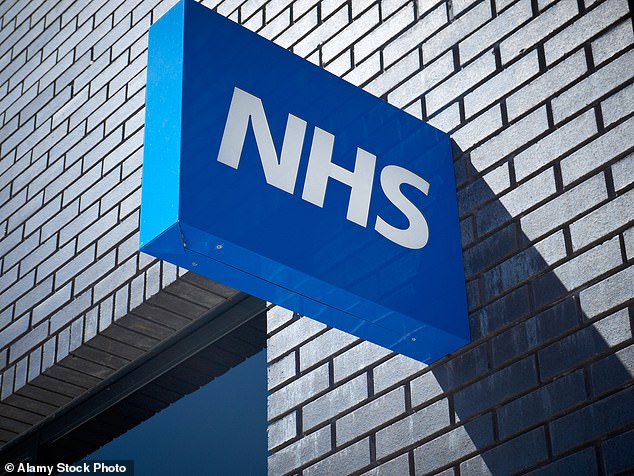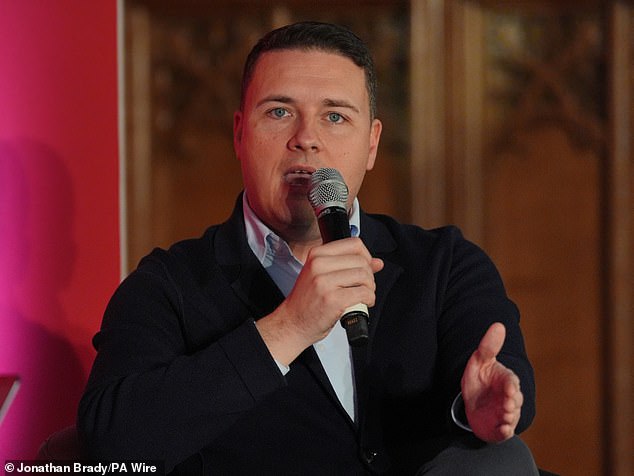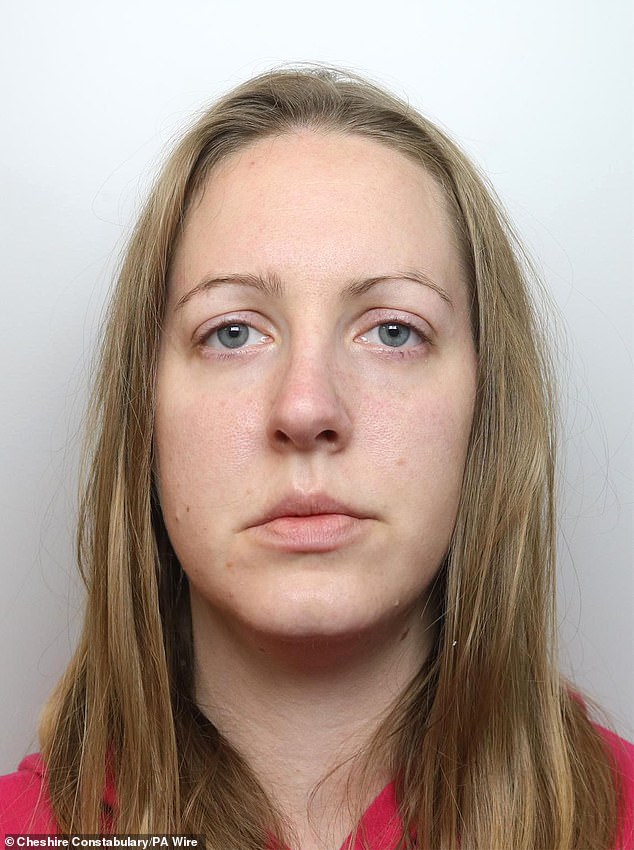The NHS will use AI to catch potential safety scandals earlier in a world first, the Government has announced.
The technology can identify patterns of abuse, serious injuries or deaths that can slip through the net.
It means widespread failings, such as those in maternity care, and more localised cases such as the murders by Lucy Letby, could be detected much earlier.
When concerns are raised, the Care Quality Commission will send specialist inspection teams to investigate, the Department of Health and Social Care (DHSC) said.
Health Secretary Wes Streeting said embracing AI would make it easier to spot danger signs earlier.
‘While most treatments in the NHS are safe, even a single lapse that puts a patient at risk is one too many,’ he said.
‘Behind every safety breach is a person, a life altered, a family devastated, sometimes by heartbreaking loss.
‘By embracing AI and introducing world-first early warning systems, we’ll spot dangerous signs sooner and launch rapid inspections before harm occurs.

The NHS will use AI to catch potential safety scandals earlier in a world first, the Government has announced (File Image)

Health secretary Wes Streeting (above) said embracing AI would make it easier to spot danger signs earlier

The technology could detect widespread failings, such as those in maternity care, and more localised cases such as the murders by Lucy Letby (above)
‘This technology will save lives, catching unsafe care before it becomes a tragedy.’
The new safety warning system is being developed as part of the Government’s ‘ten-year health plan’, due to be announced this week.
Other measures include a maternity AI system, to be launched across NHS trusts from November, using ‘near real-time data’ to flag higher-than-expected rates of stillbirth, neonatal death and brain injury.
This could help flag possible health scandals much earlier, like those of neonatal nurse Lucy Letby and GP Harold Shipman, known as ‘Dr Death’, who was convicted in 2000 of murdering 15 patients.
Pharmacists could also be given powers to prescribe the weight-loss jab Ozempic on the NHS while the DHSC has also announced that supermarkets could be fined if they do not sell healthier food.
Professor Meghana Pandit, co-national medical director for secondary care, said: ‘The move will turbo-charge the speed and efficiency with which we identify patient safety concerns and enable us to respond rapidly to improve patient care.’
Professor Nicola Ranger, general secretary for the Royal College of Nursing, said staffing levels must also be a priority for the Government.
She said: ‘By the time an inspection takes place, it could be too late. Having the right number of staff on the front line is the place to start to make patients safe.’












